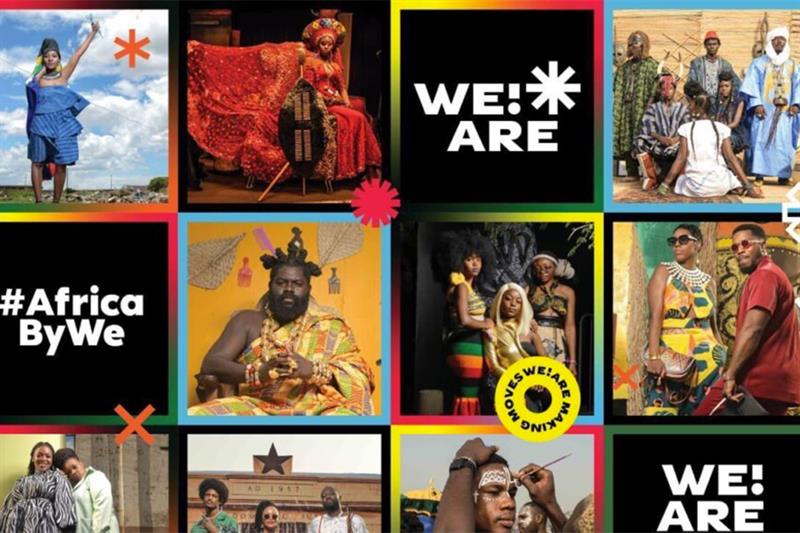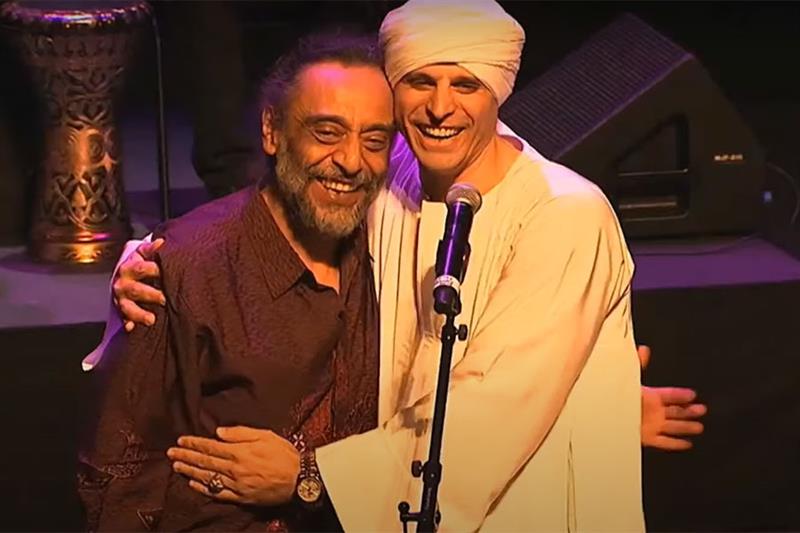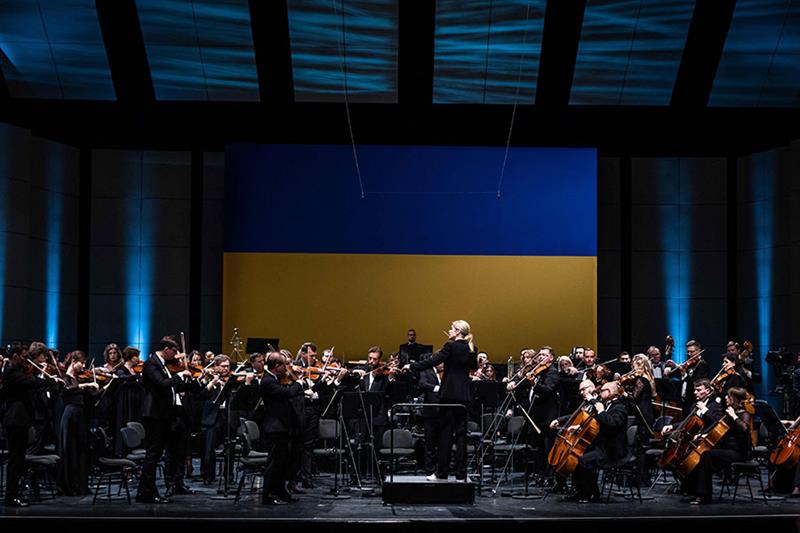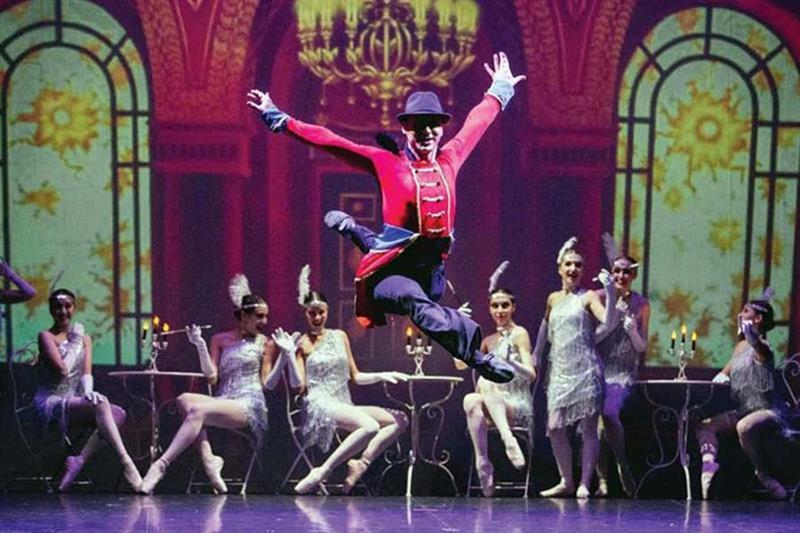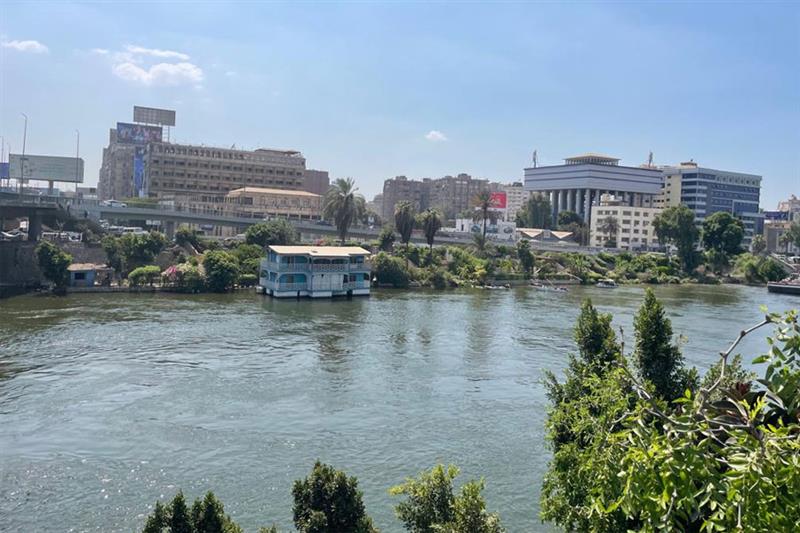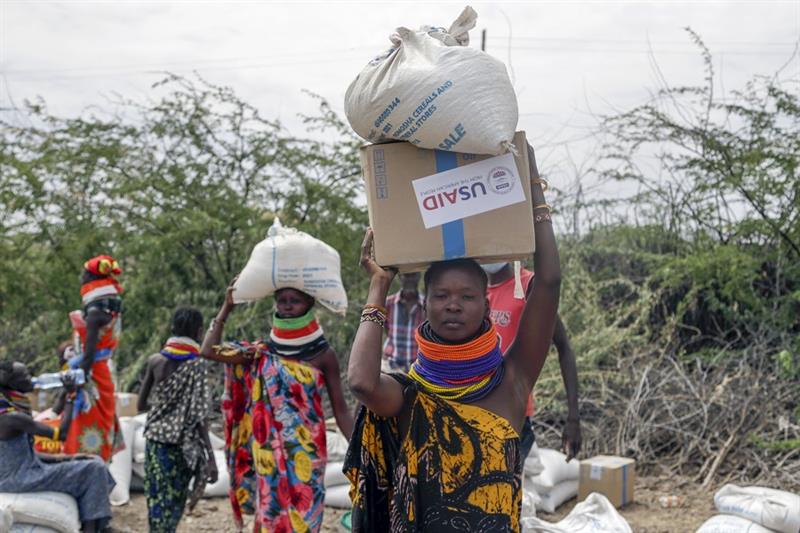Canada: Global AIDS conference kicks off amid fury over visas
Canada is hosting this year's International AIDS Conference. The event has been billed as a chance for "the world to come together." However, visa issues are causing frustration for would-be attendees from Africa.

Progress has been made on the HIV/AIDS pandemic since it began in the early 80s
Philomena Gori had a lot riding on her attendance at the 24th International AIDS Conference, which kicks off in the Canadian city of Montreal on Friday. The biennial event brings together thousands of scientists, politicians, activists and social workers from around the world to find solutions to the epidemic.
The 32-year-old, a social worker for people affected by AIDS in Cameroon, had taken time off from her current job and spent around $2,000 (€1,965) applying to the conference, securing accommodation and collecting the necessary documents for a visa.
Her hope was to gain vital connections and know-how in order to help her found a new HIV charity in her home country of Kenya.
But on July 22 — 88 days after she submitted her visa application — a rejection letter landed in her inbox. She was being denied entry, with no time to react.
"I am so disappointed, I am so angry right now," she told DW in a video call. "I sacrificed a lot, I gave a lot of effort to attend and be able to give back to my community.
"In Africa, we are the ones being affected mostly by these diseases, and I was expecting them to give us more opportunities. I feel like it's because we are coming from African countries."

Philomena Gori spent around $2,000 applying for the conference
Canadian authorities under pressure
Gori is not the only one in this situation. Organizers fear that hundreds of other delegates from Africa, Asia and South America are still waiting for, or have already been denied, visitor visas.
The situation has been turning into a scandal. The AIDS 2022 conference, organized by the International AIDS Society (IAS), had been billed as a chance to "call the world to come together to reengage and follow the science."
But a day before the event was set to begin, the International AIDS Society (IAS) released a statement saying it was "deeply concerned by the high number of denied and pending visas by Canadian authorities."
"This is preventing many people from some of the countries most affected by HIV from entering Canada and attending AIDS 2022, including IAS staff and leadership."
African voices most needed
According to the World Health Organization, Africa is home to more than two-thirds of the global population living with HIV, the virus that progresses into AIDS.
That is why Sam W. Pionlay, 26, shares the concern about a global AIDS conference taking place with many voices from Africa missing.
Originally from Liberia, he is studying computer sciences in Morocco. He continues to advocate for young people, including those with HIV and AIDS, at home.
With an invitation from the IAS and sponsorship from a Delaware church, he was aiming to travel to the conference to present a paper on violence and HIV prevention for young people and sex workers.
His rejection arrived on July 19, with the Canadian authorities stating in a letter that they were not "satisfied" that he would leave Canada and return to Morocco at the end of his trip.
"It just doesn't make any sense," Pionlay told DW. "My work helping young people is here in Africa, I will be finishing my degree next year, why would I stay in Canada?
"This year's conference should have been an opportunity for Africans to participate. I'm really disappointed in Canada as a whole. I'm feeling frustrated."
Canada 'a difficult choice'
The visa difficulties have led to criticism of the choice of host country. David Ndikumana, Executive Director of the WEKA Organisation, which provides support to LGBTQ minorities and people with AIDS in the Democratic Republic of Congo, argued that such conferences should take place in countries that are more accessible.

David Ndikumana is critical of the choice of Canada as a host country
His organization received two invites to the conference but had yet to receive a response about visa applications. "I think what Canada is doing is a kind of discrimination," he told DW. He added that his group wrote a letter asking why only Canada is organizing this international conference. "Why not allow other countries?"
Ken Monteith, director general of Quebec AIDS charity COCQ-SIDA, also saw problems: "It certainly seems like Canada is a difficult choice on this issue," he wrote in an email. "We do have to bear in mind that there are populations that have difficulty obtaining visas for many countries in the north and the south."
IAS President Adeeba Kamarulzaman told DW that Canada was chosen after negotiations with a "middle-income" country were ended over attempts to influence the conference program.
"Delayed and denied visas affect our ability to host a truly inclusive conference that is representative of communities most affected by HIV. The Conference Organizing Committee has escalated its concerns to the highest levels so that as many people who wish to attend AIDS 2022 are able to do so," she wrote.
Canada 'understands disappointment'
In an email to DW, Aidan Strickland, press secretary for Canada's Department of Immigration, Refugees and Citizenship, said applications from around the world were "assessed equally and against the same criteria."
"We understand the disappointment that would result from some applicants not receiving their visas in time for the International AIDS Conference. Immigration, Refugees and Citizenship Canada (IRCC) has taken every measure available to expedite as much as possible the processing of applications and facilitate travel for this event."
She added that IRCC had processed 91% of all applications received. A processed application can mean either an acceptance or rejection.
Strickland also pointed out that visa processing times can vary.
'If it's done in Africa, I will go'
Despite the furor over visas, there are still high hopes that the conference will lead to improved solutions for combating HIV and AIDS, especially given the disruption caused by the COVID-19 pandemic. Those unable to attend the conference in person do have the opportunity to participate in certain events online.
Philomena Gori intends to take part in some virtual events, and plans to launch her charity as soon as possible. She also hopes one day to have the chance to take part in a similar conference much closer to home.
"If it's done in Africa, I will go. It will be much easier for me to attend."

